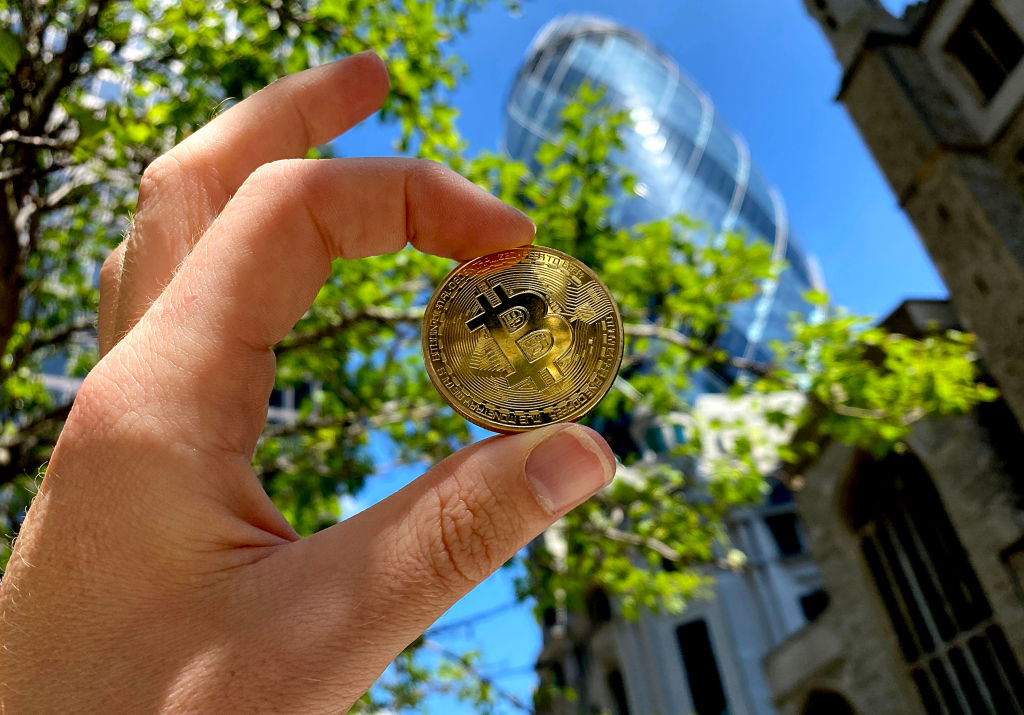
While crypto currency like Bitcoin is too volatile an asset to be presetly useful for completing property transactions, there are myriad ways the technology could be applied to property purchases. Here are some ways crypto could change how he sees the future of property sales and how the blockchain could be at its heart.
DOES CRYPTO HAVE A PLACE IN THE FUTURE OF PROPERTY TRANSACTIONS?
Yes, blockchain technology will substantially impact the property market, enabled by blockchain technology, smart contracts and web3 applications. Of course the cryptocurrencies or tokens underlaying such ecosystems will play a pivotal role in the UK property market, as they already do in many markets worldwide.
IS THERE DEMAND FROM BUYERS?
The space is still in its infancy stage and, due to the lack of regulation does not lend itself to transacting for anyone outside the space. There are virtually no examples of onchain property transactions at this stage outside of the metaverse. Bitcoin is (and certainly will be when fully mined) a storage of value – like digital gold – similar to actual gold nowadays. An on-chain property transaction would be like exchanging for another value like company shares or an artwork. These cases exist but are blips and don’t provide a basis for the future vision of on-chain property transactions.
WHAT ARE THE POTENTIAL BENEFITS?
In the past five years I have seen compelling cases for deeds moving onto the blockchain via a sort of NFT protocol. A regulated crypto space could bring about added security and transparency as well as many efficiencies and cost reductions for the transaction process. The tokenization of assets brings benefits of co and micro-ownership and facilitates access to the property ladder for younger generations. Joint ownership (shared freehold or leasehold) structures could be managed via existing smart contract protocols and web3 ecosystems. This list of possible use cases down the line could be ‘infinitely’ extended.
WHAT ARE THE DRAWBACKS?
The current major drawback is the infancy of space, the lack of transparency; volatility and regulation are one element but the complexity of the technology and difficulty to assess merit from fraudulent projects, adds to the current near irrelevance for property transactions in the real world. Blockchain technology can be compared to the internet revolution, the question is, are we in 1990 or 2000?

















